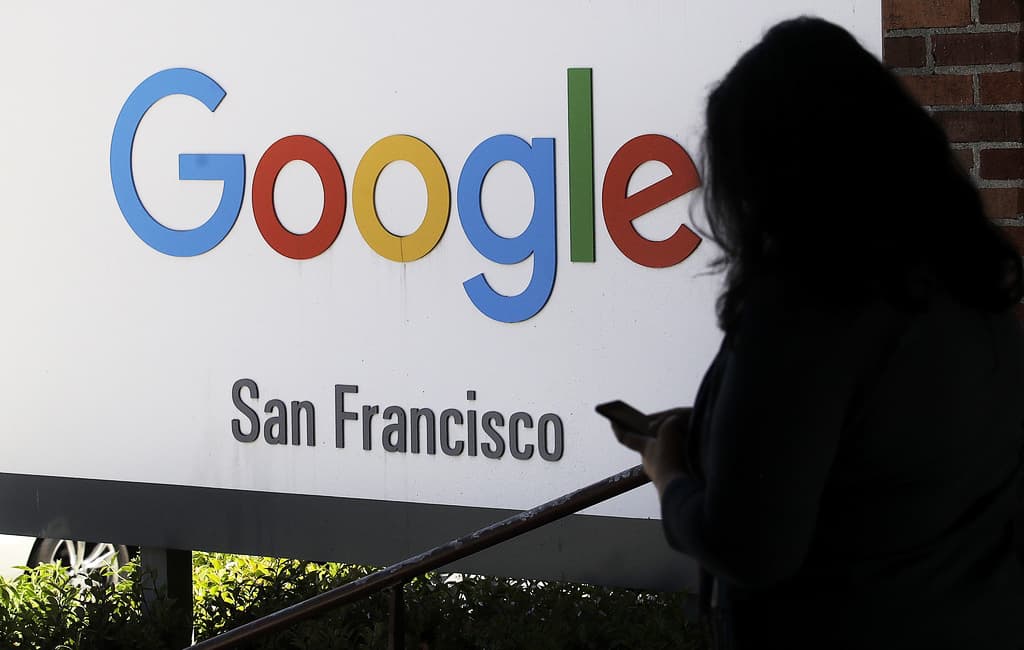Google will let you decide if you want to be tracked online. But it's not certain that your choice will play any role.
I don't think users really understand what this is about, says Peter Mackhé, media expert at the interest organization Sweden's Advertisers.
Google has changed its mind. For several years, the internet giant has been working on removing cookies that track you online from the company's web browser Chrome.
The company has been working on another solution, called privacy sandbox, which according to the company will better protect users' online integrity. But on Monday, the internet giant announced that work on the "sandbox" is being down-prioritized, in favor of refocusing on today's tracking through cookies. Now it's up to the users to decide if they want to accept being tracked by cookies or not.
"Worse experience"
According to Google, all users will get to make an "informed choice" about cookies going forward.
Many don't know what third-party cookies are, says Peter Mackhé and continues:
Meta did something similar a few months ago here in the EU. Then it was roughly "if you don't say yes to us collecting your data, you'll get a worse user experience". Google will have to design this in a very good way if they want to avoid being attacked by consumer organizations.
Will those who choose not to be tracked really not be tracked, in advertising contexts?
I don't think users really understand what this is about. They get the information about what you do online anyway, then they say they won't track you. Okay, who can control that? Recently, it came from the USA that even among those who surfed in private mode had data about them leaked.
"Not so informed"
According to Peter Mackhé, Google's U-turn on cookies is a way to adapt to new and potential future laws on security and integrity online. But also due to criticism that Google has a monopolistic position.
The regulation in the area is scattered, depending on which authority or nation is responsible for supervision.
Consumers are not so informed about this. But lawmakers are not so informed either, says Peter Mackhé.
Exactly when Google's "new" choice regarding tracking with the help of cookies will be rolled out is not known.






